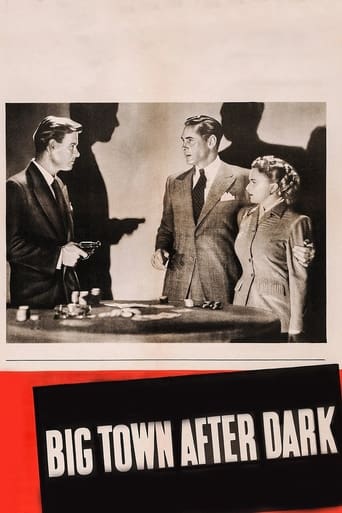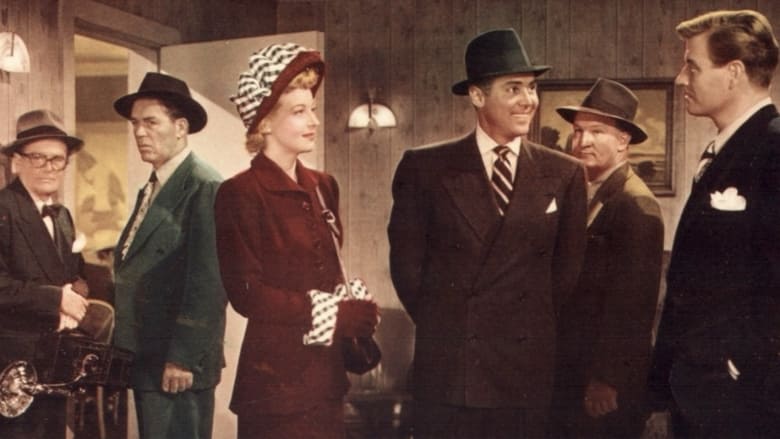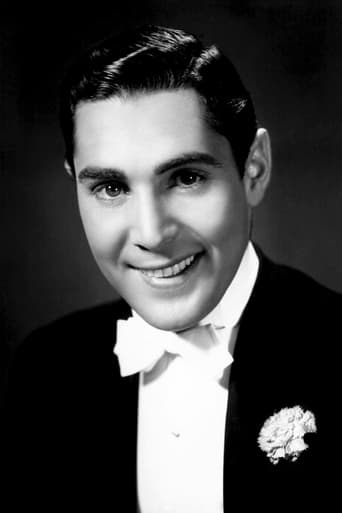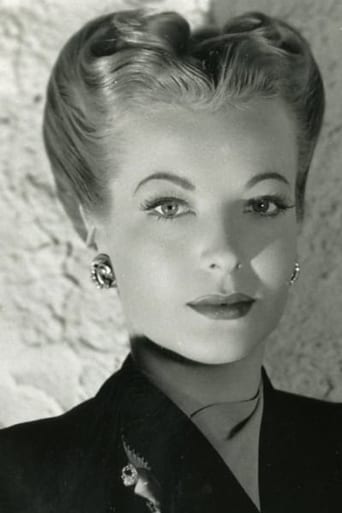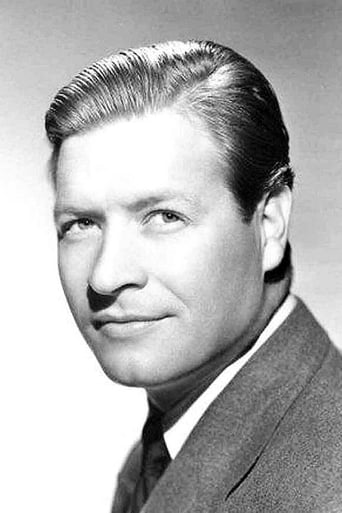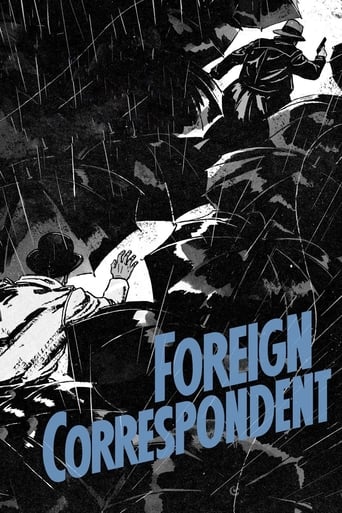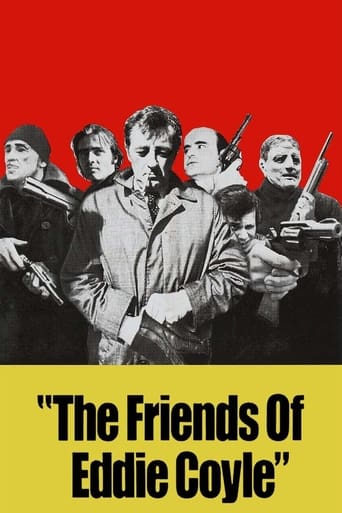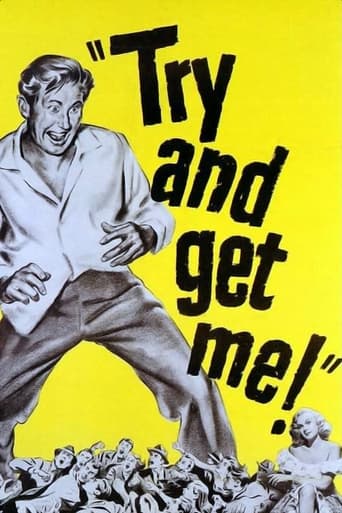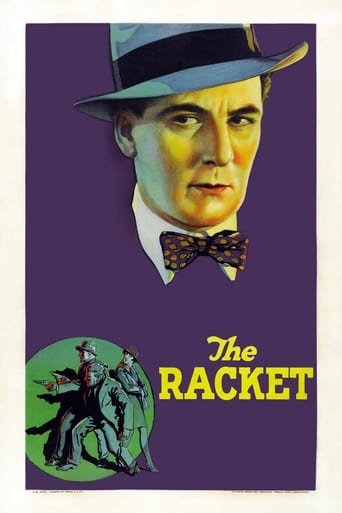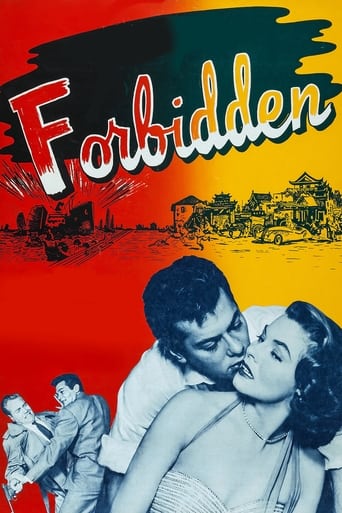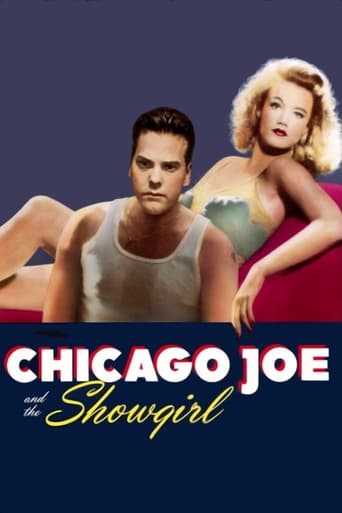Big Town After Dark (1947)
A crusading newspaper reporter battles big-city gambling interests.
Watch Trailer
Cast
Similar titles
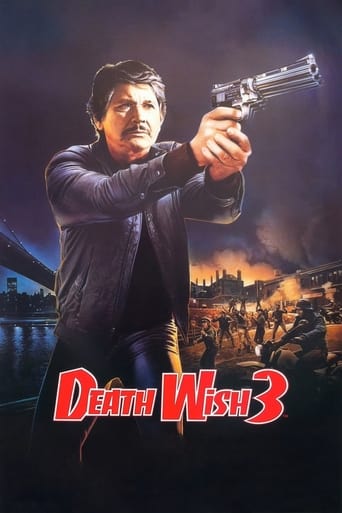
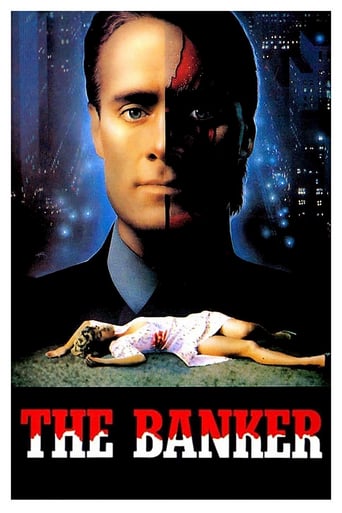
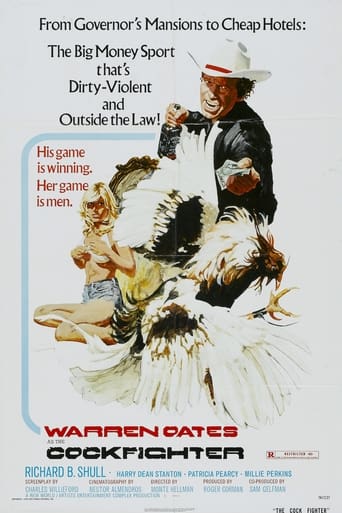
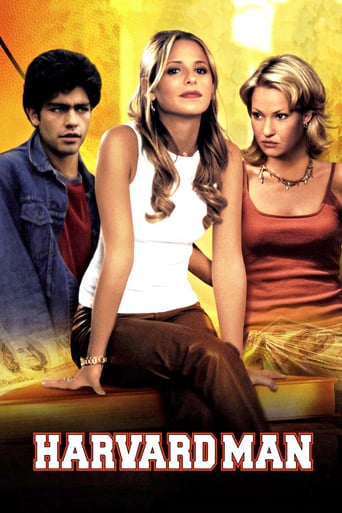
Reviews
It’s fine. It's literally the definition of a fine movie. You’ve seen it before, you know every beat and outcome before the characters even do. Only question is how much escapism you’re looking for.
It's the kind of movie you'll want to see a second time with someone who hasn't seen it yet, to remember what it was like to watch it for the first time.
This movie tries so hard to be funny, yet it falls flat every time. Just another example of recycled ideas repackaged with women in an attempt to appeal to a certain audience.
All of these films share one commonality, that being a kind of emotional center that humanizes a cast of monsters.
"Big Town After Dark" is a decent B-movie from tiny Pine-Thomas, a company known for its mediocre and sub-par Bs. Fortunately, this is one of the better films they made.Steve (Phillip Reed) is the managing editor of a newspaper. His day is looking pretty glum when his star reporter, Lorelei (Hillary Brooke) announces she's quitting to become a literary writer. He's desperate to keep her there...but he has another problem to deal with...his boss wants him to hire the niece...and she has no experience at a newspaper. Then Steve gets an idea....use the boss' niece to try to keep Lorelei with the paper. Little did he know that this would NOT be a particularly good idea!This film has a lot of noir elements--the nasty bossman who runs the town and a local gambling den, folks getting the snot knocked out of them and murder! Well worth seeing and an interesting story once it got going.
Phillip Reed, newspaper editor, gets himself sweet-talked into hiring the owner's niece, Ann Gillis, who supposedly is attending college and looking for a reporters job. She's not and instead dupes him into looking into the goings-on at a local gambling house, The Winners Club. Reed calls out one of the parlor's operatives for dealing from the bottom of the deck and is quickly overtaken by the club's thugs and drug into meet the owner of this seedy establishment, Richard Travers. After a beating by Travers' gang, Reed ends up hospitalized and wondering what happened to Gillis. Believing that Gillis has been kidnapped, the paper owner, Charles Arnt, is shaken down by Travers for $50,000. Reed then goes on a crusade to expose the gang and recover the $50,000. Hillary Brooke et al is called in to assist with the effort. The plot becomes obvious although the ending had a nice twist. It's pretty slow going overall with low production values. Just a time waster at best.
Pretty good little programmer. No one expects Oscar bait from Pine-Thomas's budget productions. Still, the cast appears motivated, while the script, though convoluted, has a couple good twists. I'm particularly impressed with an animated Reed who too often delivered wooden performances, but not here. Seems he's playing editor of a city newspaper that's trying to take down the town's gambling casinos. At the same time he's working to keep his staff together while trying to accommodate the boss's ambitious daughter. But things aren't always as they seem, as he eventually finds out. Kudos to director Thomas—half of the Pine-Thomas producing team—who shows skill at directing. I wouldn't be surprised if his presence behind the camera had a lot to do with motivating the cast. My only gripe is with the under-use of the great Hillary Brooke. Her regal presence always adds to movie proceedings. Here, however, she doesn't have much to do after the opening scene.Anyway, nothing memorable here, just a good little time-passer based on a popular radio program of the time.
"Big Town", a shallowly disguised New York City, is of importance in a number of modes for popular United States culture, initially being a radio programme from 1937 until 1962, then on to television episodes, 1952/1956, and eventually as a comic book series, 1956/1958, with the protagonist in each manifestation being Steve Wilson, originally a reporter working for the Big Town Illustrated Press, later becoming its editor-in-chief, and played in this, the third of four films based upon the radio show, by Philip Reed who is featured in all of the four. In the production here, Wilson's almost girl friend and ace crime reporter Lorelei Kilbourne (Hillary Brooke), after her first novel has been accepted for publication, gives him two weeks notice of her resignation from her newspaper position but, to her chagrin, she is almost immediately replaced by the Illustrated Press owner's niece Susan (Anne Gillis), who by appearances also wedges herself into Steve's affections, although in reality he is using her to discover information of crooked Big Town activity involving an illegal gambling ring that preys upon college students. Susan is possibly not what she appears to be, and while Steve explores the girl's connection with local gambling kingpin Chuck LaRue (Richard Travis), owner of the Winners' Club, a night spot for gambling that is near to the campus where Susan attends, Lorelei also investigates her new rival's activities, with her efforts yielding more than she has expected, as all three of them may be in serious peril from the Forces of Evil. This is better than a routine "B" programmer, as it provides some incisive and hard bitten dialogue, a clever subtext based upon poker playing, and a generally edgy quality pervading the characterizations that lifts the work above the norm and, in spite of budget restrictions that rule out retakes, and a necessity for filling demands of its melodrama genre, there is plenty of "business" for a viewer to enjoy. Reed and Brooke make an elegant and worldly pair, veteran character players William Haade and Joe Sawyer perform as LaRue henchmen, and Vince Barnett has a substantial part in this Pine/Thomas production with producer William Thomas also directing and capably utilizing a crisply composed Whitman Chambers script in an always interesting, skillfully edited, briskly paced and well-cast film that additionally includes an effective original score by Darrell Calker, Gotham flavoured, of course, although the extensive location shooting is along Normandie Avenue on the east side of Hollywood.
